Getting outdoors to help support regulating behaviours and promoting holistic development.
In today's fast-paced and technology-driven world, children are spending less time outdoors and more time in front of screens. This sedentary lifestyle has led to an increase in behavioural issues, such as difficulty focusing, impulsivity, and poor emotional regulation. However, nature provides a unique and powerful antidote to these challenges. Outdoor learning is not just about taking your indoor environments and activities 'outside'; it is a holistic approach that harnesses the power of nature to regulate behaviours, promote emotional well-being, and enhance both cognitive and physical development in children. In this comprehensive guide, we will explore the theory behind outdoor play, discuss the importance of outdoor learning, provide practical tips on how to implement an outdoor curriculum, and offer a range of activity ideas to create engaging outdoor learning environments.
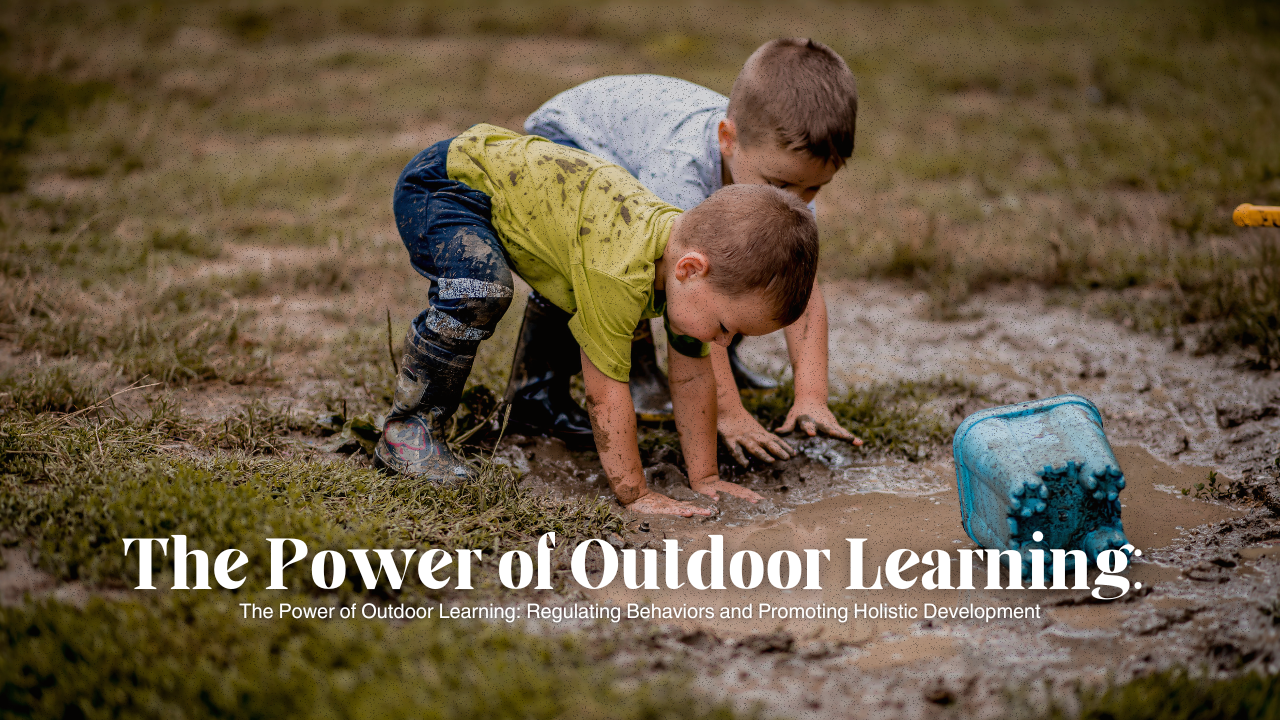
The Theory behind Outdoor Play
Research has shown that spending time in natural environments has numerous benefits for children, including helping them to regulate their emotions, boost their wellbeing, promote good physical health, and improve their cognitive abilities and skills. Spending time in natural environments has been found to reduce stress, improve mood, and increase feelings of happiness and well-being. Moreover, nature-based learning inherently promotes holistic development as the outdoor environment naturally helps to foster curiosity, creativity, problem-solving skills, and social interactions. Through the outdoor environment early years professionals and parents are able to harness a world that provides children with the optimal environment to boost their mental health and emotional wellbeing, explore their physical capabilities, become mesmerised by natural open ended resources that compliment their own curiosity and imaginations, as well as the endless opportunities to learn through play. As the world quickly becomes more sedate and physical health markers continue to dramatically decline it has never been more important that early years professionals are providing opportunities for young children to get outside and move their bodies. However, getting outside to play is so much more than just an opportunity to 'blow off some steam' and burn energy! As we'll explore today in this article, outdoor learning provides early years children with sensory rich environments, optimal for holistic learning and physical growth.
The Role of Outdoor Play in Emotional Regulation
Emotional regulation is a critical skill that children need to navigate the ups and downs of life. It involves the ability to identify and manage one's emotions, cope with stress, and regulate behaviour in a socially acceptable manner. Outdoor play provides a rich and stimulating environment that supports the development of emotional regulation skills. Getting outdoors can provide a range of emotional benefits including a major emotional boost as the body releases more feel good chemicals into the brain such as endorphins, oxytocin and dopamine. Allowing children to spend quality time outside playing, eating and sleeping lowers the chance of dysregulation from over stimulating indoor environments that can trigger stress and negative emotional responses from children due to sensory overload. Outdoor play however, doesn't just benefit a child's immediate wellbeing in terms of providing them with calmer and less stressful environments. It also provides a rich and fertile learning environment to bolster a child's emotional intelligence and develop their ability to self-regulate their own emotional responses.
A child can only learn within an environment where they feel safe, secure and content with the relationships they have with caring individuals around them. As discussed, outdoor environments dramatically reduce potential stressors from overstimulating indoor environments and provide children with the optimal conditions to promote, not only educational and cognitive development, but also situations that will develop a child's self-regulatory skills. When taking part in outdoor play and activities categorised as risky play, or more physically challenging actions such as climbing or balancing, children are often confronted with 'failure' and adverse situations that challenge children emotionally. Falling from a small height trying to climb higher or having to negotiate an obstacle course as a group all present opportunities to encounter opportunities to strengthen emotional responses and intelligence, as well as, build a child's confidence and self-esteem. Outdoor learning provides opportunities for children to develop resilience, independence, and problem-solving skills. Encourage children to take risks, try new activities, and overcome challenges in a supportive and nurturing environment. Provide opportunities for children to make decisions, take on leadership roles, and collaborate with their peers.
Connecting with Nature Through Sensory Play
Sensory play is a key component of outdoor learning. It engages the senses and allows children to explore and interact with their environment in a hands-on and immersive way. Engaging a child's primary senses through play is fundamental in developing the neurological connections and framework within their brains that leads to cognitive, emotional and physical development during early childhood. Outdoor sensory experiences such as feeling the different textures of leaves, listening to the sound of birds chirping, or smelling the fragrance of flowers provides a richness of learning and sensory experiences unmatched compared to the majority of indoor environments. By embracing the outdoors and natural materials we can help promote the foundations of learning within children such as curiosity, inquiry, problem solving, concentration and creativity. If we accept the notion that children learn best in social environments full of rich language and hands on sensory experiences invoking child-led exploration then the outdoor environment truly is the best place to learn and play!
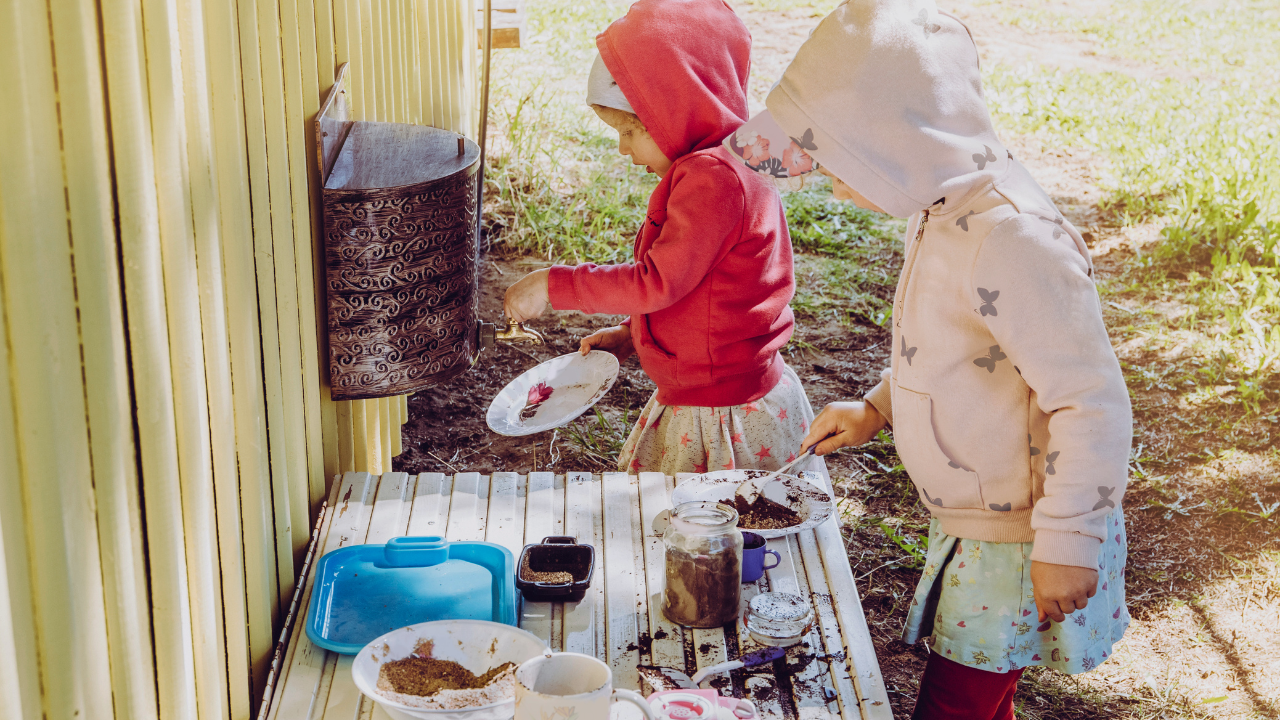
Designing Outdoor Learning Spaces
Creating a well-designed outdoor learning space is essential for maximising the benefits of outdoor play. Consider the following elements when designing your outdoor learning environment:
- Natural Elements: Incorporate natural elements such as plants, trees, rocks, and water features to create a sensory-rich environment.
- Play Zones: Create different play zones that cater to different types of play, such as imaginative play, physical play, and sensory play.
- Sheltered Areas: Provide sheltered areas, such as covered pergolas or tree canopies, to ensure that outdoor learning can take place in all weather conditions.
- Safety Considerations: Ensure that the outdoor space is safe and secure, with appropriate fencing, soft surfacing, and age-appropriate equipment.
Integrating Nature into the Curriculum
Integrating nature into the curriculum involves incorporating outdoor learning experiences into daily lessons and activities. Here are some ways to integrate nature into your curriculum:
- Nature Walks: Take regular nature walks to explore the local environment, observe wildlife, and collect natural materials for art and science projects.
- Outdoor Science Experiments: Conduct science experiments outdoors, such as studying plants, observing insects, or investigating the properties of water.
- Outdoor Art and Creativity: Encourage children to create art using natural materials, such as leaves, flowers, and stones. Use the natural environment as inspiration for creative writing and storytelling.
- Gardening and Sustainability: Teach children about gardening, sustainability, and the importance of caring for the environment. Create a school garden where children can grow and harvest fruits, vegetables, and herbs.
- Embrace Risk: Providing children with opportunities to push their boundaries and discover their limitations is an important aspect of developing executive functioning skills, emotional regulation and their physical capabilities.
Physical Development and Healthy Bodies
Outdoor play also provides major health benefits both in terms of developing a child's muscles, ligaments, bones and also their cardiovascular endurance and heart health. Staying active and healthy is crucial for growing young children as it's during our early years we develop the physical foundations we rely on in later life. Research shows that inactive children are likely to become inactive adults, which significantly increases the risk of life-threatening illness and general poor health.
The human body has an innate desire to move, skip, run, jump and climb as it attempts to reward itself through brain chemicals and endorphins for taking part in movements and actions that help develop and strengthen the bodies muscles and skeleton. As adults in the early years it is our role to facilitate these urges within children's play and provide them with the opportunities and environments that allow them to follow these innate desires such as to roll down a hill or climb a tree. It's through this type of free and liberating play children are best building and developing their bodies for future life. It is so important we're not stifling children's innate desire to build these crucial physical foundations and instead we're promoting plenty of opportunities to run, jump, skip and explore our physical capabilities. In a world where we're becoming more and more sedate in our everyday lives, lets try and get children on the right track to a healthy life by getting them outside and moving, no matter the weather!
Incorporating Mindfulness and Reflection
Mindfulness and reflection are important practices that can enhance the benefits of outdoor learning. Incorporate mindfulness activities, such as guided nature meditations or mindful nature walks, to help children connect with their surroundings and cultivate a sense of calm and presence. Encourage children to reflect on their outdoor experiences through journaling, group discussions, or artistic expressions.
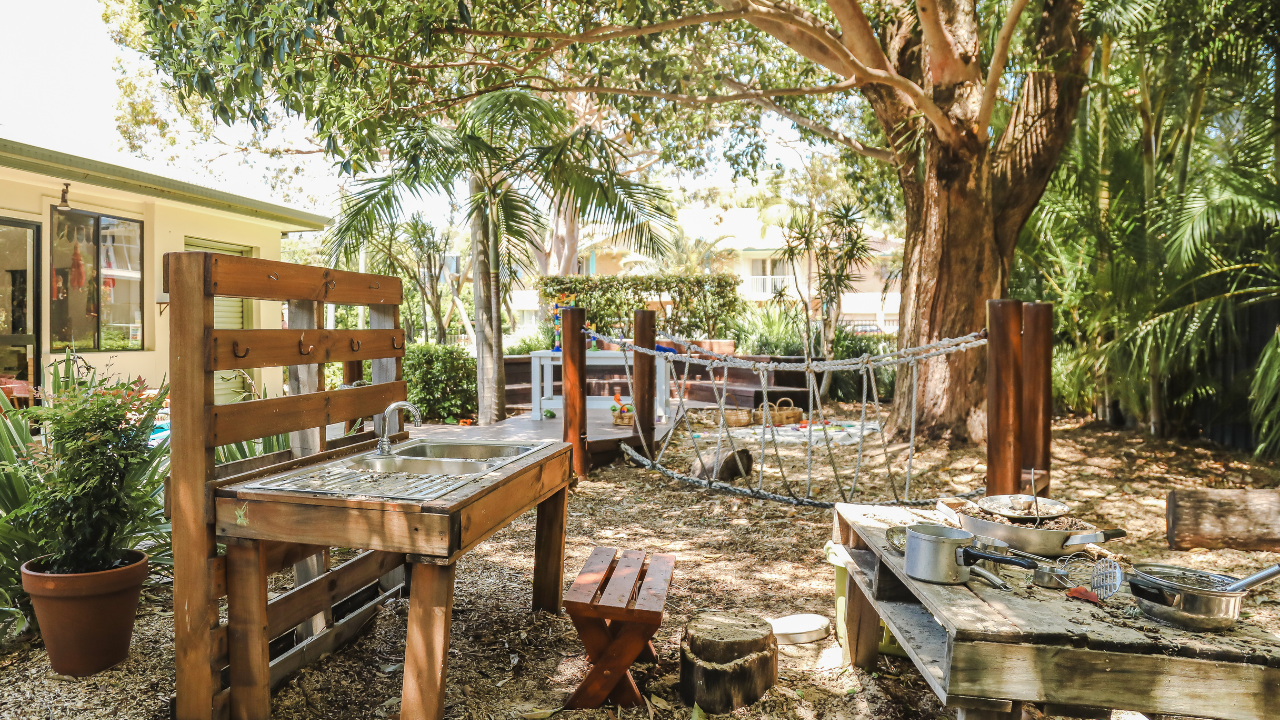
Activity Ideas for Outdoor Learning
Outdoor learning offers endless possibilities for engaging and interactive activities. Here are some activity ideas to inspire your outdoor curriculum:
1. Nature Scavenger Hunt
Organise a nature scavenger hunt where children search for specific items in nature, such as leaves, flowers, rocks, or animal tracks. This activity promotes observation skills, critical thinking, and teamwork.
2. Sensory Nature Table
Create a sensory nature table where children can explore various natural materials, such as pinecones, shells, feathers, or dried flowers. Encourage them to touch, smell, and examine the different textures and characteristics of each item.
3. Outdoor Art Gallery
Transform your outdoor space into an art gallery by displaying children's artwork inspired by nature. Encourage children to create nature-inspired art using various mediums, such as paint, clay, or natural materials.
4. Planting and Gardening
Engage children in planting and gardening activities, allowing them to experience the joy of growing their own plants and vegetables. Teach them about the lifecycle of plants, the importance of soil, and the role of pollinators.
5. Nature Journaling
Encourage children to keep a nature journal where they can record their observations, reflections, and sketches of the natural world. This activity promotes literacy skills, scientific inquiry, and a deeper connection with nature.
The Future of Outdoor Learning: Creating a Lasting Impact
Outdoor learning has the power to create a lasting impact on children's emotional, cognitive, and physical development. By incorporating outdoor education into our curriculum and providing children with meaningful and engaging outdoor experiences, we can help them develop self-regulation skills, foster a sense of purpose, and promote gratitude and understanding. Let us embrace the transformative power of nature and create a generation of resilient, compassionate, and environmentally conscious individuals through outdoor learning.

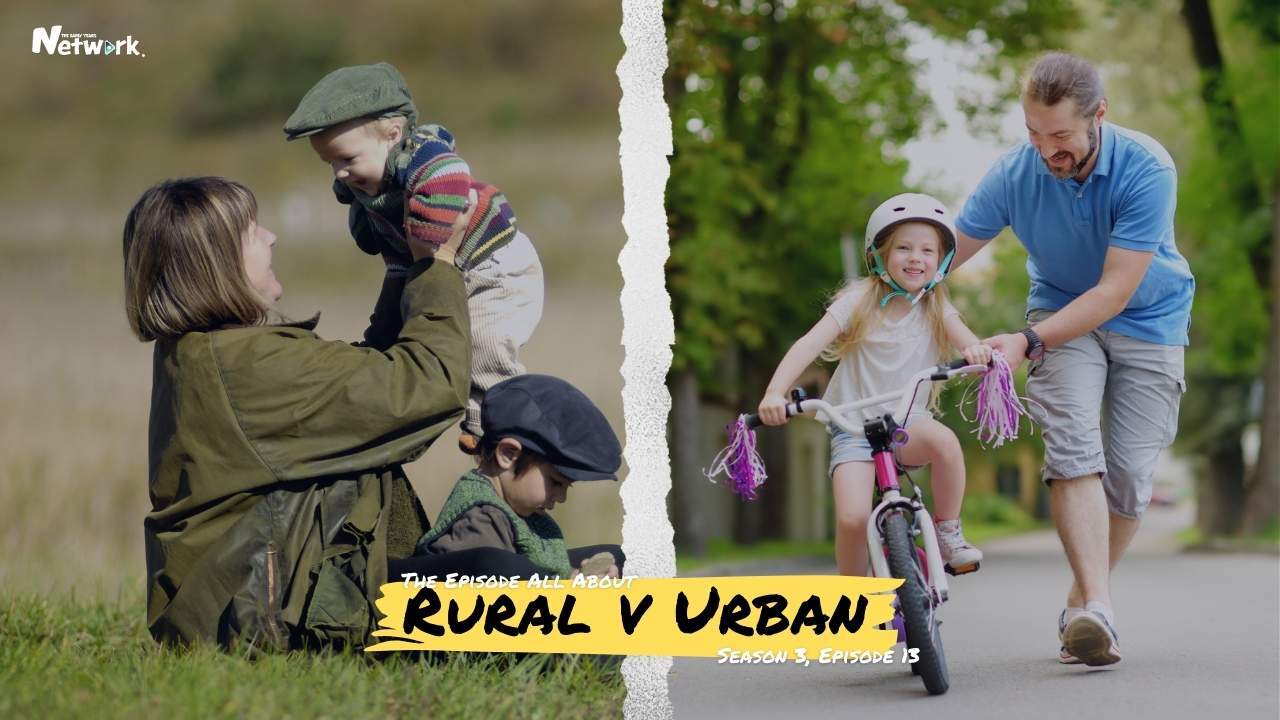


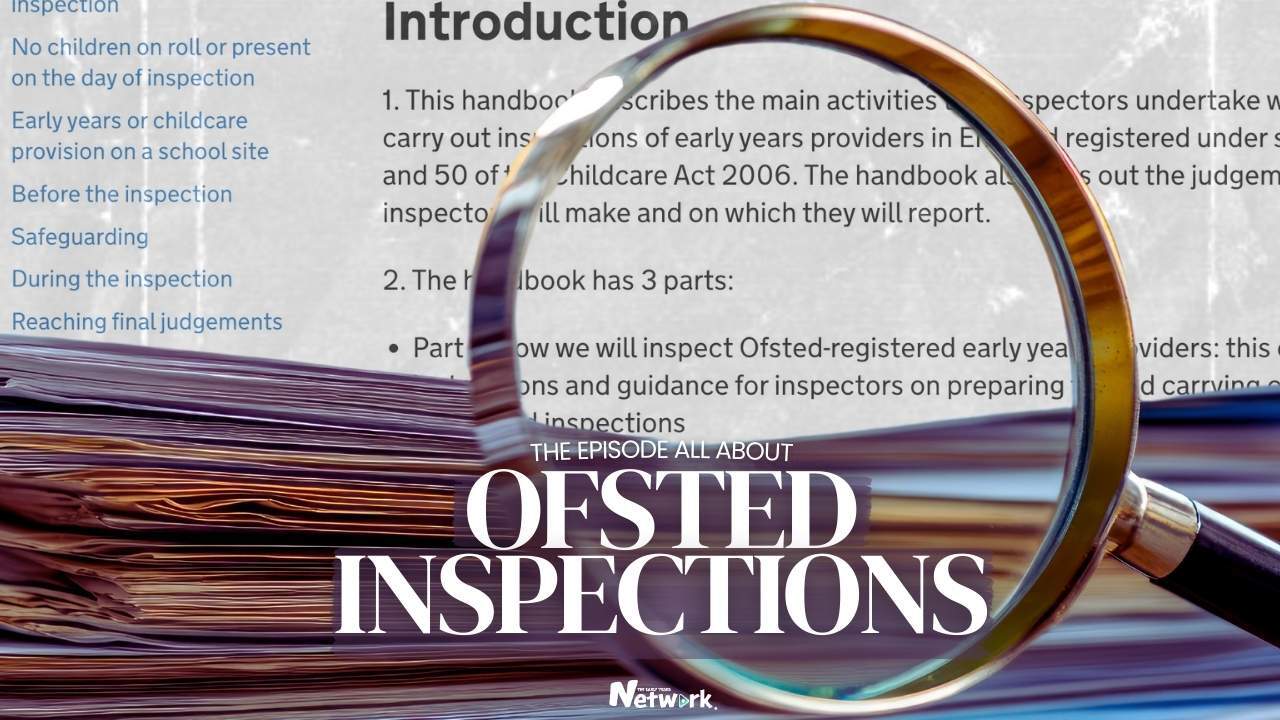




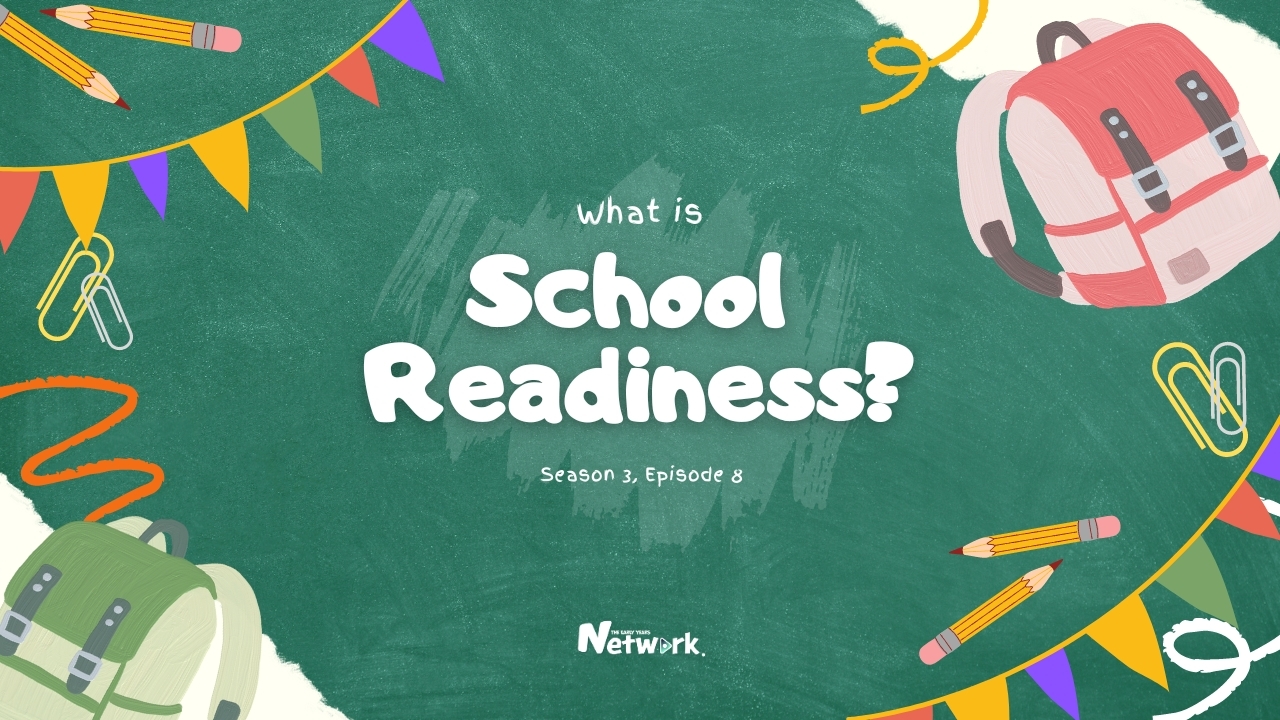

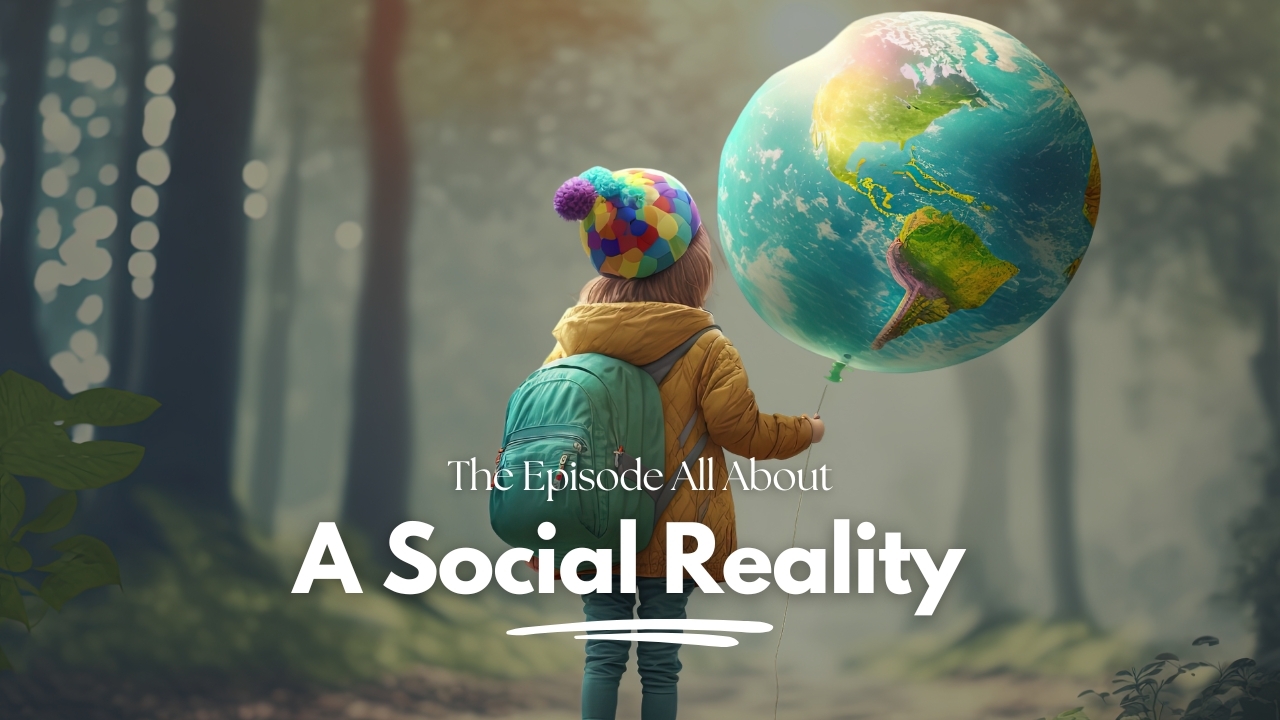













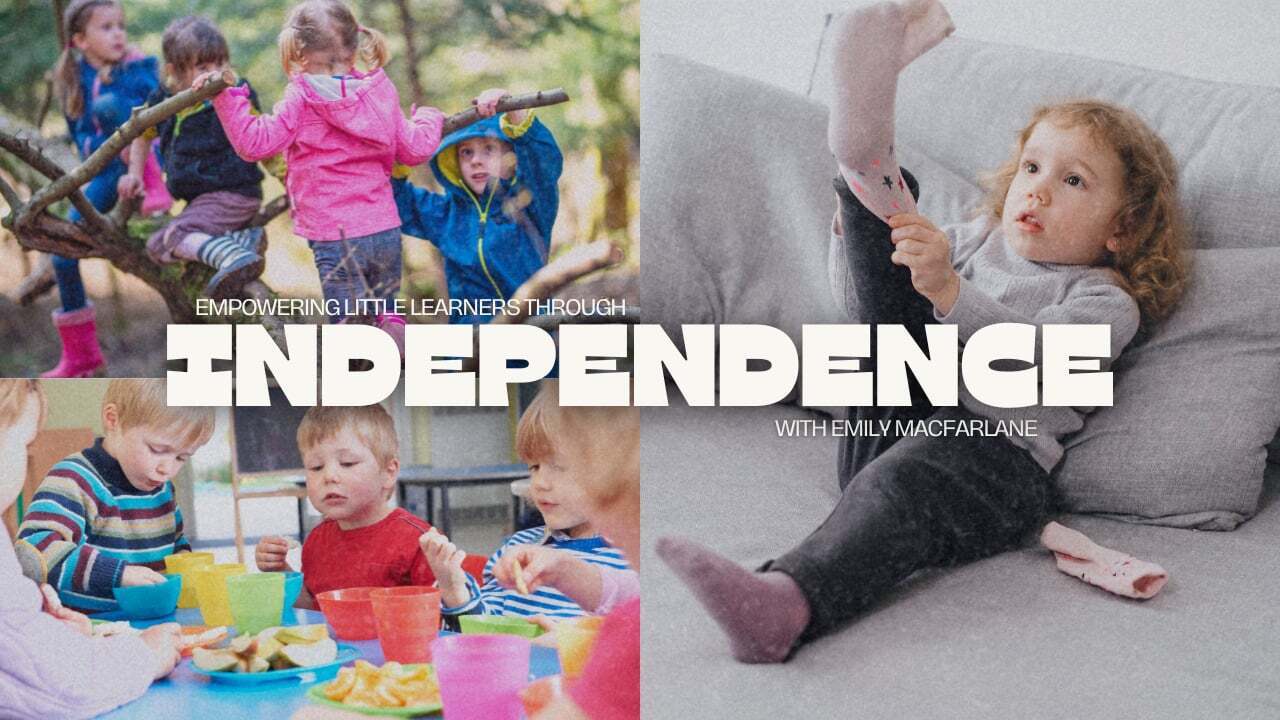
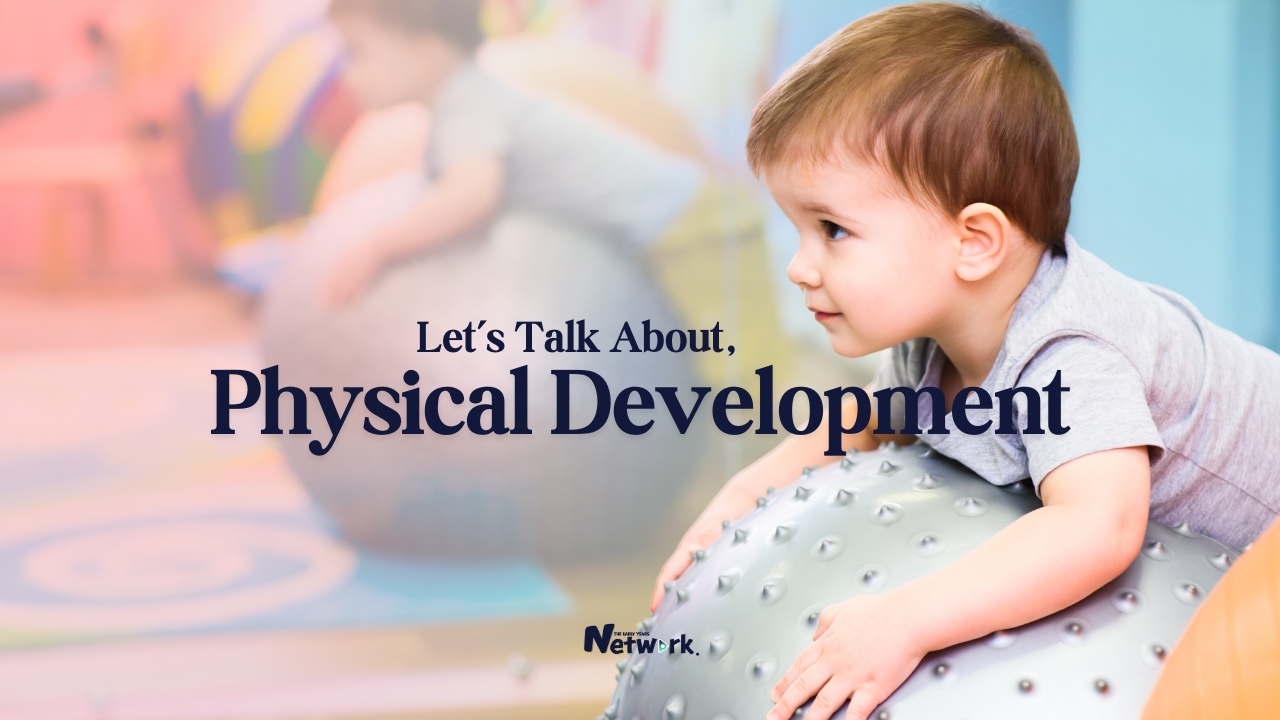




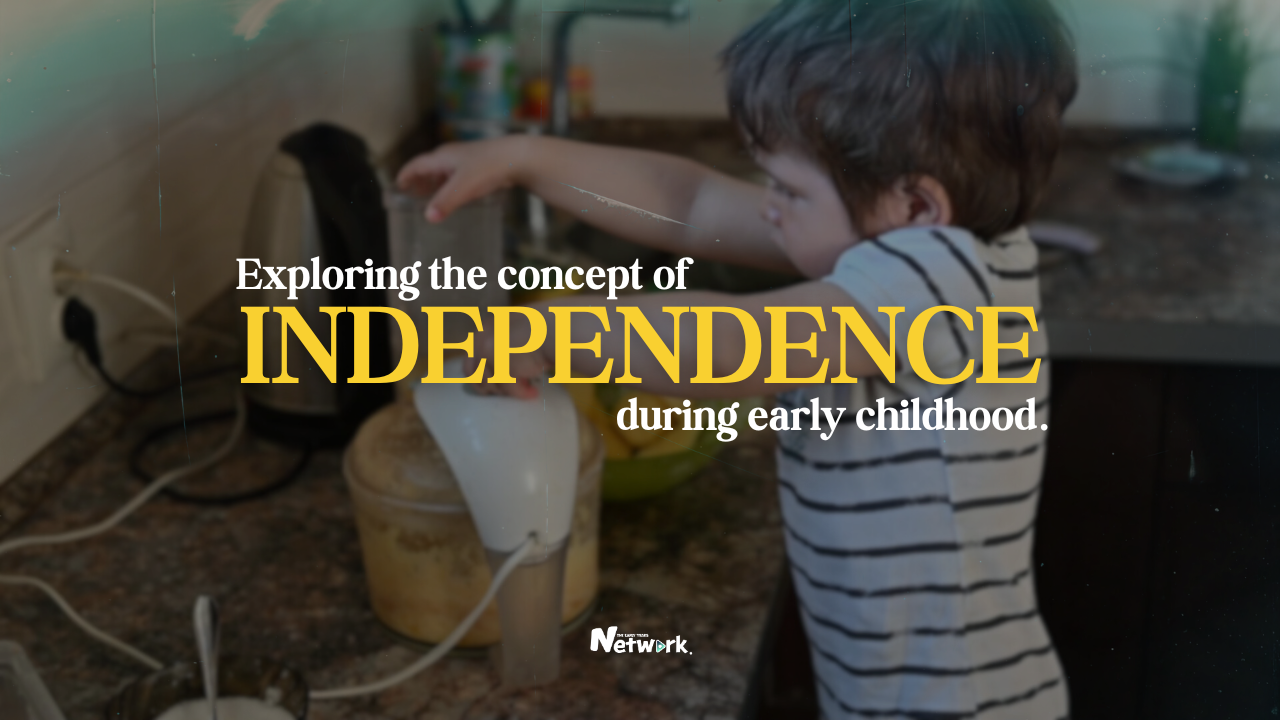
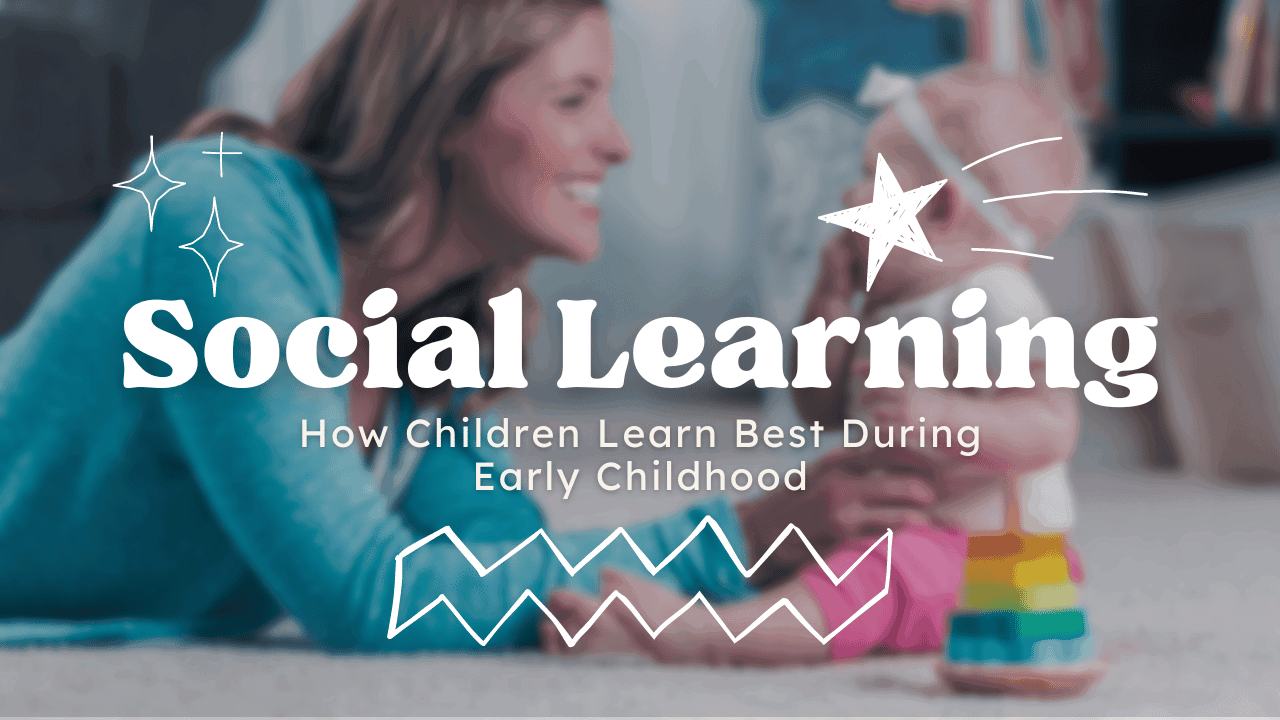



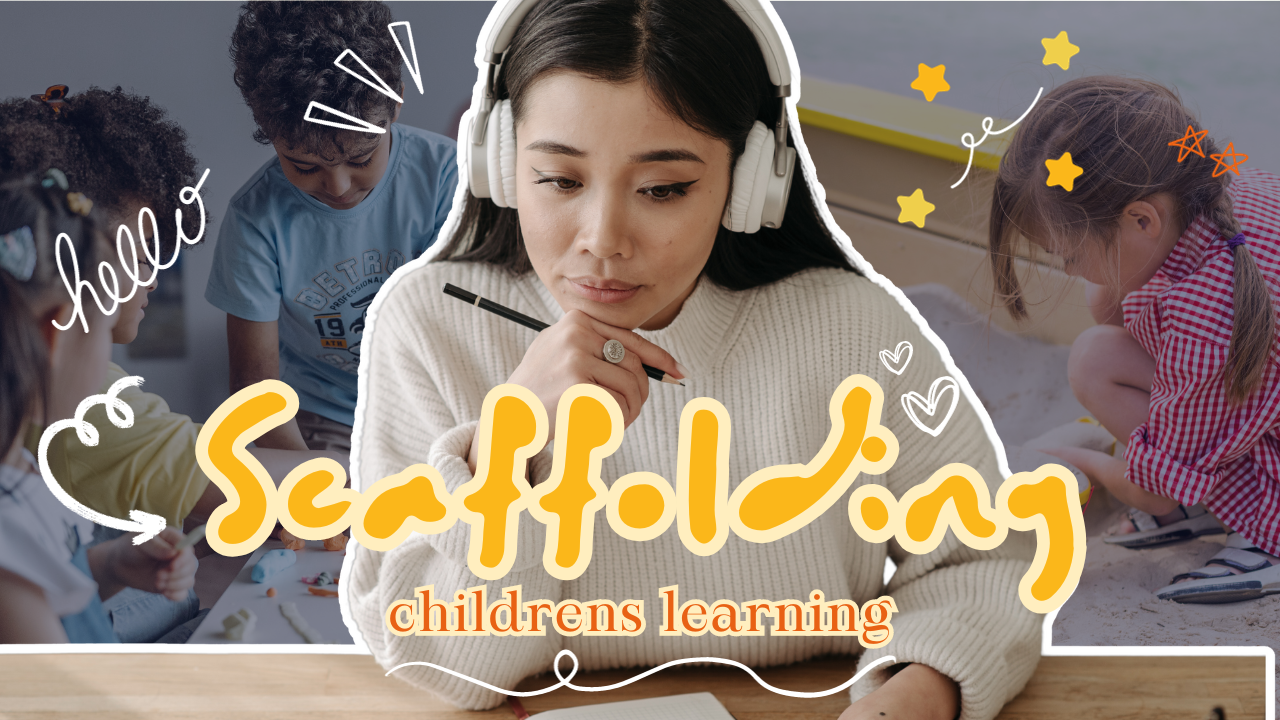
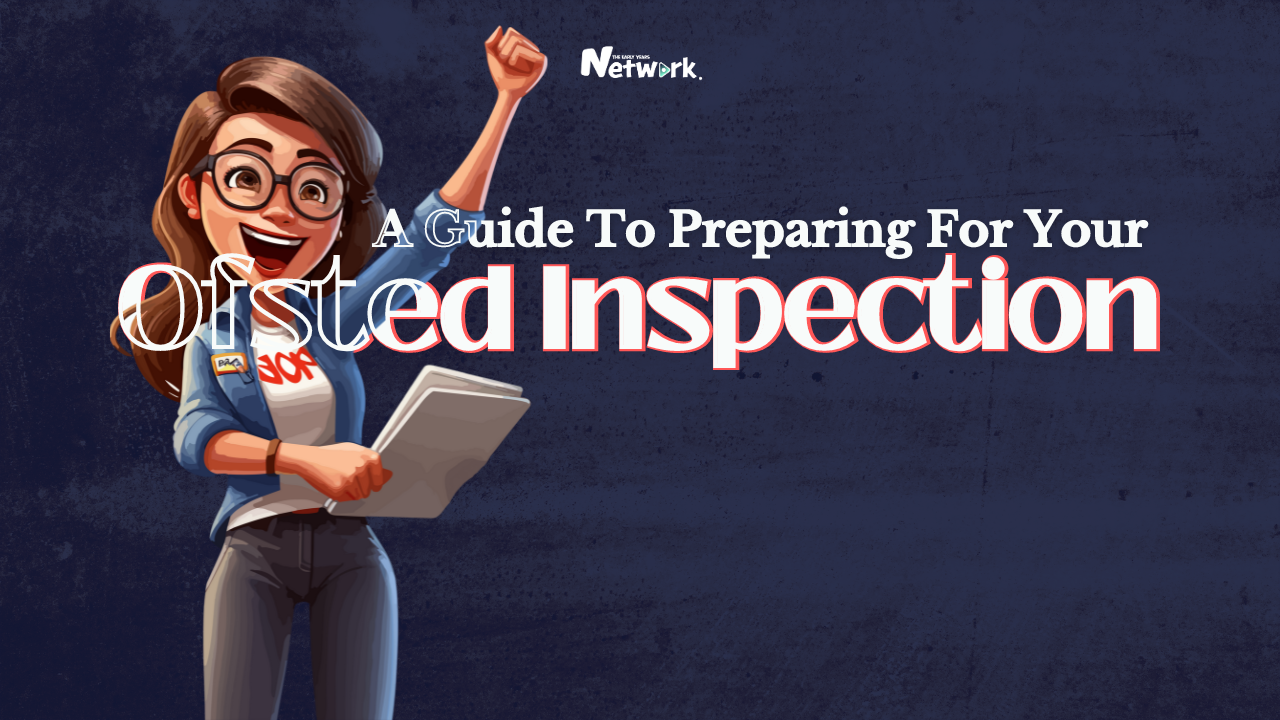
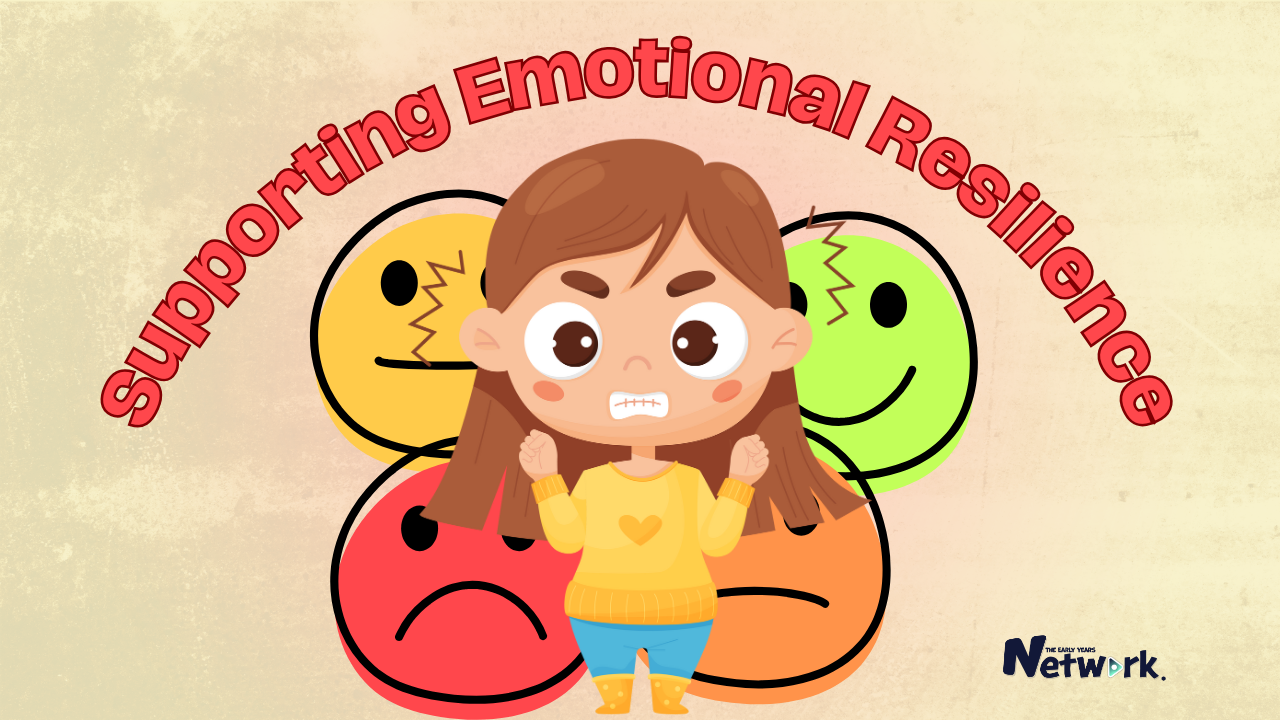
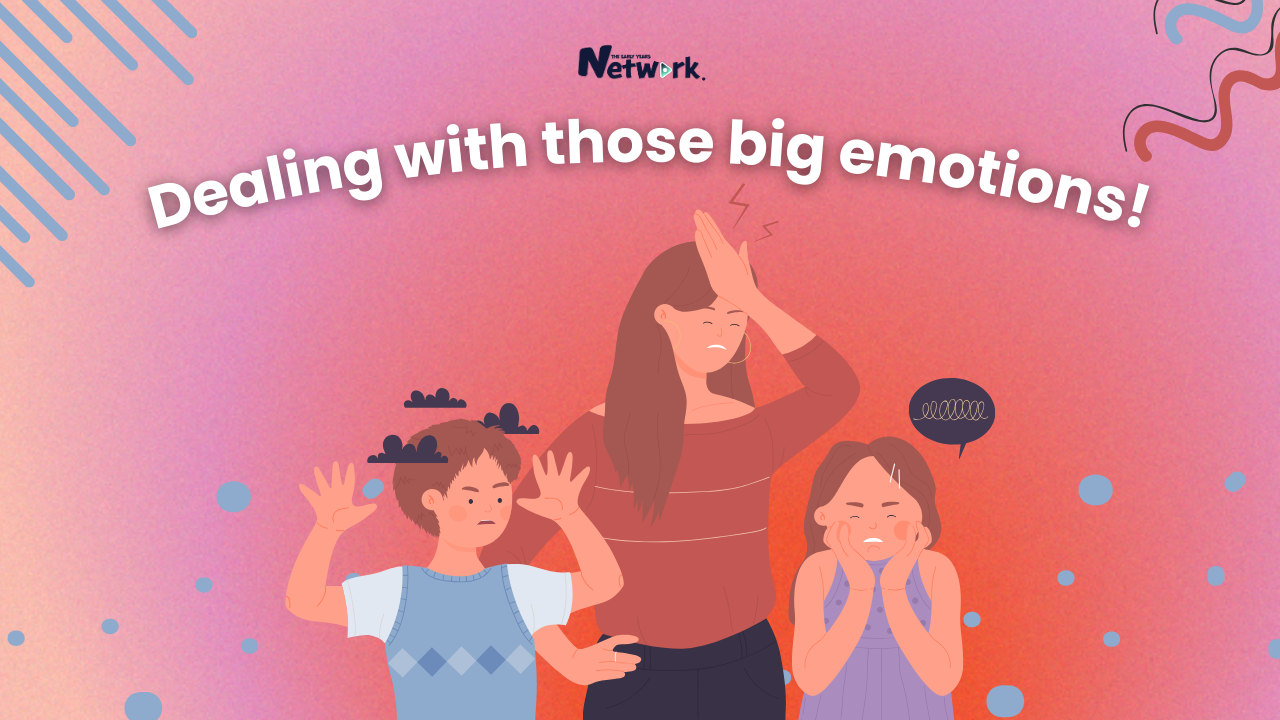

Comments 0
Leave a comment
Only your name will be published. Required fields are marked *